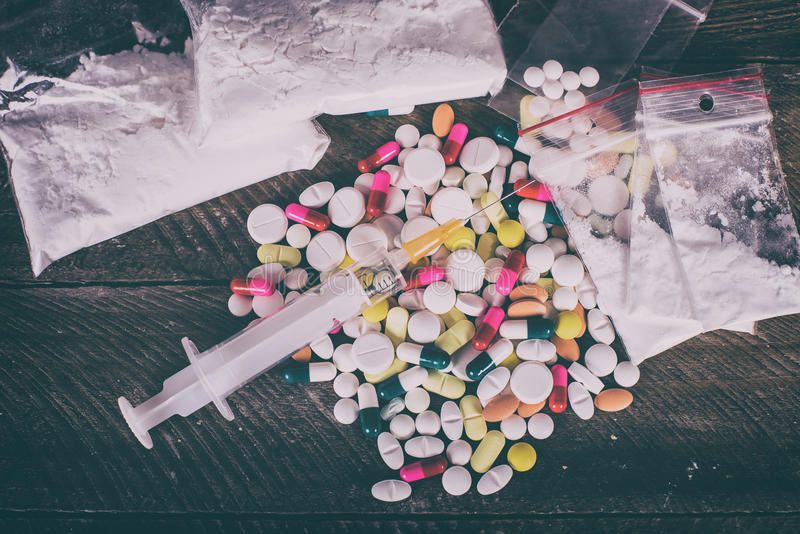
Breaking Down Stigma Through Books on Drugs
Breaking Down Stigma Through Books on Drugs
For generations, drugs have been demonized, with negative preconceptions reinforcing myths and fueling the drug war. The reality of drug use and addiction, however, is significantly more nuanced than what is depicted in the media and popular culture. Literature is one of the most effective instruments for breaking down preconceptions and decreasing drug stigma. In this post, we will look at how drug-related novels may serve to dispel misunderstandings, boost knowledge, and foster empathy.
The Stigma Surrounding Books on Drugs:
Drug use and addiction have long been stigmatized, with stereotypes portraying users as indolent, violent, or morally reprehensible. These beliefs frequently hinder people suffering from addiction from getting assistance, maintaining a cycle of shame and concealment. Those who use drugs or are in recovery may experience prejudice and marginalization in areas such as work, housing, and healthcare. The stigma associated with drugs has an influence on society as well, leading to draconian drug policies that prioritize punishment above treatment and harm reduction.

The Role of Books in Breaking Down Stereotypes:
Books have the ability to alter viewpoints and question assumptions, making them an effective tool for deconstructing stereotypes. Books on drugs can provide readers with a more realistic and empathic knowledge of drug usage and addiction by depicting complicated characters and nuanced circumstances. Also, literature can assist in raising awareness of the structural causes that contribute to drug stigmas, such as racism and the war on drugs.
While books on drugs can help to break down stigma and promote empathy, it's crucial to remember that they are only one piece of the picture. It is critical to advocate for legislative changes and support harm reduction measures in addition to reading and learning about the topic. This could include things like supporting safe injection sites or advocating for access to addiction treatment.
Another key part of stigma reduction is encouraging open and honest discussions regarding drug use and addiction. This can be a tough subject to broach, but it is critical to provide safe environments where individuals feel comfortable sharing their stories and receiving help. By recognizing the complexities of drug use and addiction, we may seek to reduce the shame and stigma associated with it.
Must-Read Books on Drugs:
"In the Realm of Hungry Ghosts:
Close Encounters with Addiction" by Gabor Mate - In this poignant memoir, Mate offers a compassionate and insightful look at addiction and the social factors that contribute to it.
"Chasing the Scream:
The First and Last Days of the War on Drugs" by Johann Hari explores the history and impact of the war on drugs, challenging commonly held beliefs and advocating for a new approach to drug policy. "
The Night of the Gun:
A Reporter Investigates the Darkest Story of His Life. His Own." by David Carr - This gripping memoir delves into Carr's personal experience with addiction and recovery, offering a raw and unflinching look at the realities of addiction.
"Beautiful Boy:
A Father's Journey through His Son's Addiction" by David Sheff - In this heart-wrenching memoir, Sheff chronicles his son's struggle with addiction and its toll on their family.
"Dope Sick:
Dealers, Doctors, and the Drug Company that Addicted America" by Beth Macy - This investigative book explores the opioid crisis in the United States and the systemic issues that contributed to it. The Value of Reading Books on Drugs with Diverse Perspectives.
One important aspect of breaking down the stigma around drug use is recognizing that it affects people from all walks of life. While some stereotypes may portray drug users as being from certain socio-economic or cultural backgrounds, the reality is much more complex. Drug use and addiction can affect people regardless of their race, gender, or socio-economic status. By reading books on drugs that feature diverse characters and perspectives, we can begin to challenge our assumptions and biases. We can also better understand the many factors that can contribute to drug use and addiction, such as trauma, mental health issues, and social isolation. It's also worth noting that books on drugs can offer important insights into the impact of drug policies and the criminal justice system on individuals and communities. Many books explore the ways in which drug policies can perpetuate harm and inequality and highlight the need for more compassionate and evidence-based approaches".
Conclusion:
Finally, it's important to note that drug-related literature isn't just for individuals who have directly experienced addiction or know someone who has. Reading these books on drugs may be a good learning experience for anybody interested in learning about the effects of drugs on people and society as a whole. We may strive towards a more equitable and compassionate society by increasing our drug use and addiction knowledge. Drug stigma is a ubiquitous and damaging issue that affects both people and society as a whole. Books about drugs, on the other hand, can help to break down prejudices and enhance understanding and empathy. By promoting accurate and nuanced portrayals of drug use and addiction, books have the power to reduce stigma and inspire change.
Read More
Appreciate the creator